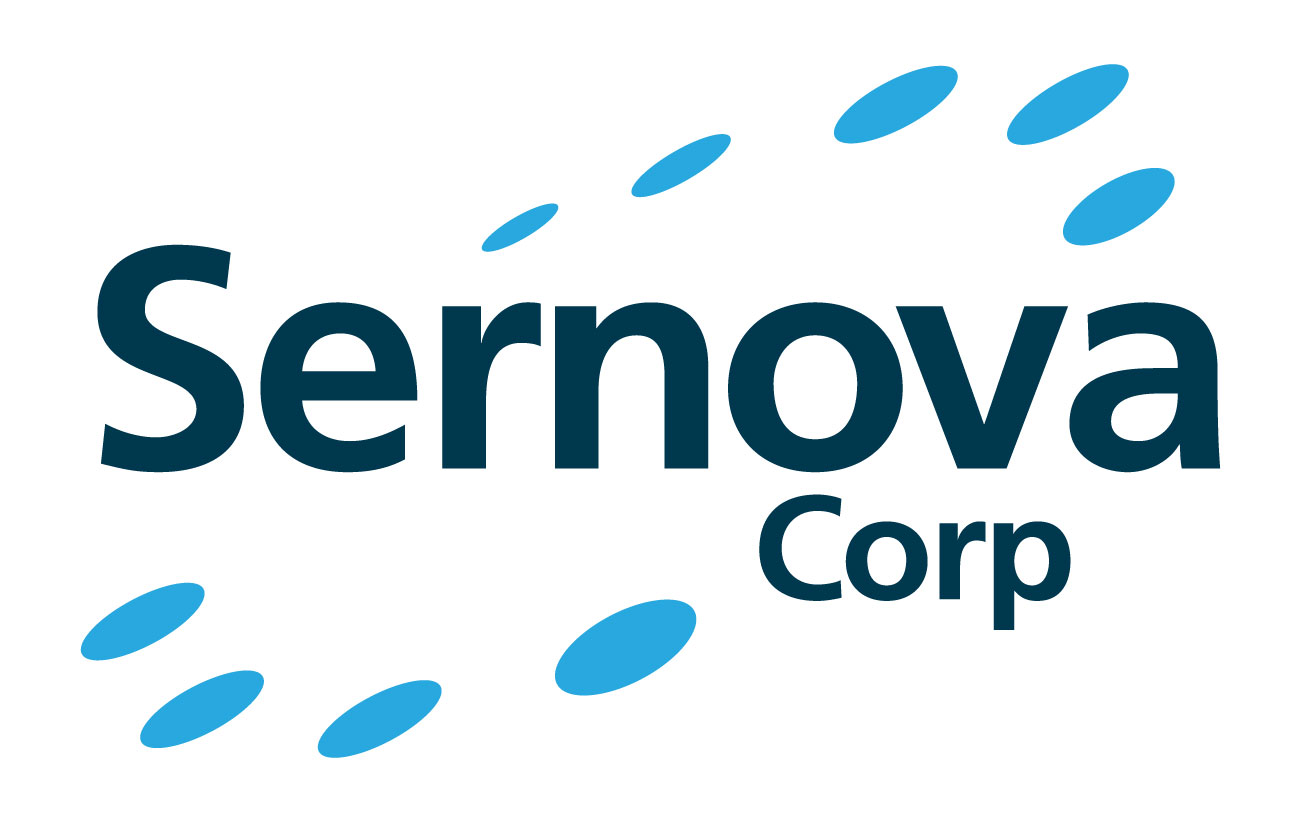
Sernova, a clinical-stage regenerative medicine company, has shown in its Breakthrough T1D-funded clinical trial that its cell replacement therapy, the Cell Pouch System™, can produce insulin in people with type 1 diabetes (T1D). The technology consists of a dose of purified islet cells transplanted into the Cell Pouch™. The detection of C-peptide, a biomarker of transplanted beta cell insulin production, in the bloodstream of their first transplanted patient is another important success in cell replacement therapy, which aims to replace lost or damaged beta cells with insulin-producing cells, in people with T1D. Sernova’s next steps include the development of an unlimited source of locally immune-protected insulin-producing cells. Funding beta cell replacement research is also one of Breakthrough T1D’s most critical undertakings, and we have invested more $140 million to date.
Breakthrough T1D is funding a phase I/II clinical trial in participants with diabetes and hypoglycemia unawareness. For more information on this clinical trial, please visit the clinical trials registry here. If you would like to learn more about the study, contact the University of Chicago Research Manager, Lindsay Basto, RN, MSN, at Lindsay.Basto@UChospitals.edu or call 773-702-2504.
Why it Matters:
Beta cell replacement therapies aim to provide insulin on demand from cells implanted in the body. These therapies have the potential to eliminate insulin therapy and liberate people from the burdens of managing T1D for months or even years at a time. The shortage of donor beta cells and the need for strong immunosuppressive drugs, however, make beta cell transplantation an impractical solution for most people.
Breakthrough T1D is heeding the call, developing beta cell replacement technologies that are capable of restoring glucose control and delivering long-term independence without suppressing the body’s immune system and the ability to fight infections. Sernova is moving another step forward in the development of their system, and the technology will hopefully be approved in the coming years.